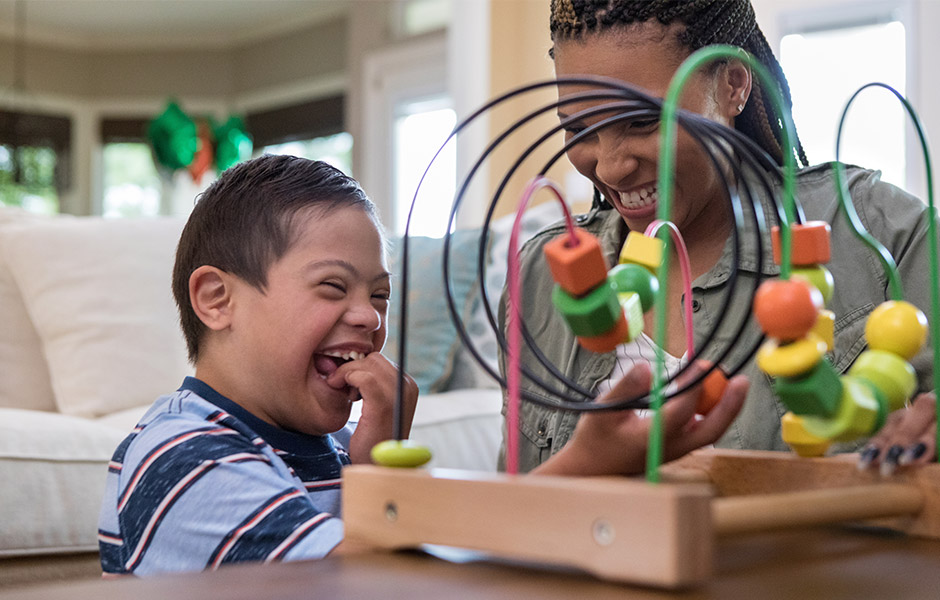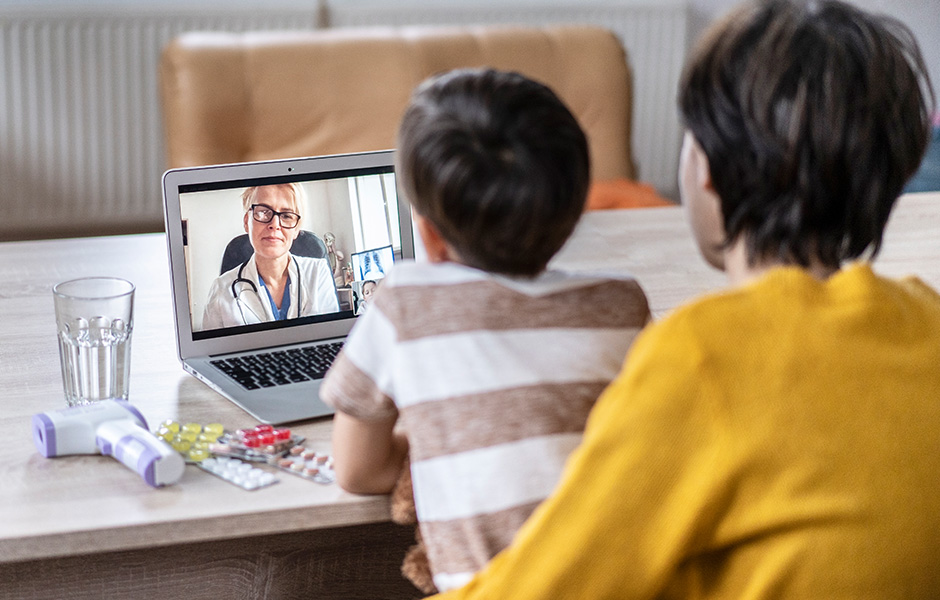Transforming the Definition of Children's Health
Every Child in the U.S. Deserves the Same Access to Quality
According to the World Health Organization, the conditions that people are born, grow, live, work and age in are called social determinants of health. These nonmedical factors impacting our health include education, literacy, housing, safety, freedom from violence or adverse experiences and other social factors that affect access to health care.
They also affect how well medical conditions are diagnosed and treated in some individuals, and whether others even seek or receive care at all (sometimes called “health inequities or disparities”).
Nemours’ vision and strategic plan are interwoven and reflected in our Loop of Care, which represents both the enduring relationship between a child and caregiver and Nemours’ ongoing quest for progress and reform. It is our enduring connection between children and caregivers and a focus on progress for health.
How Nemours Children’s Health Is Working Toward a Solution
“The biggest lever that we have as a society to influence health, and ultimately to influence our economic vitality as a nation, is to invest in the health of children.”
R. Lawrence Moss, MD, FACS, FAAP
President and Chief Executive Officer
We’re working to make health care equally available to all children.
Medical care represents only a fraction of what we should consider when we think about health. We know that a child’s health is by more than just medical care — it’s their home, school, community and more.
That’s why Nemours is investing in what we call a Value-Based Services Organization (VBSO). This organization includes teams devoted to population health, care management and coordination, and more, all working together. It encourages collaboration between Nemours specialists and independent physicians in the community. The goal is to transform children’s health care everywhere, going beyond medicine and improving the health of the world in which every child lives.
We will do this with things like preventive care and health education so that patients are healthier in the first place. We will work with partners and communities to make the places where children live, learn and play healthier and safe. All of this will improve health outcomes, quality of care, accessibility, quality of life and reduce costs.
Children are not only the future, they hold the solution.

Children account for only about 7% of total medical care spending, yet will soon become 100% of the adult population. The benefits of improved health in childhood can last a lifetime, and positively impact medical spending when they become adults. It can even impact health and medical care for the next generation. Improved health leads to improved workforce productivity and reduces health care-related costs to individuals, companies, governments and communities. This strengthens our country and the American economy for years to come.






